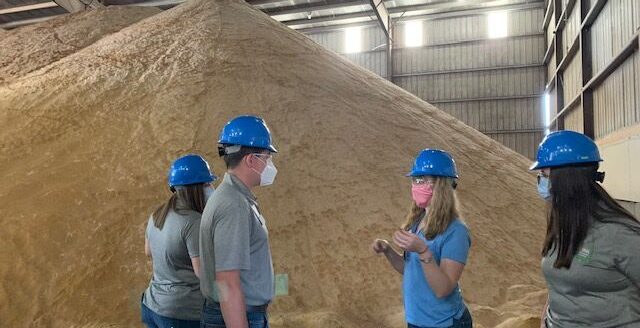The National Corn Growers Association President Kevin Skunes told U.S. Secretary of Agriculture Sonny Perdue recently that proposed changes to the Renewable Fuel Standard would trigger significant losses in farm income and in rural jobs. Skunes asked Perdue to work with President Trump to ensure the president understands the economic challenges farmers are facing.
“Corn farmers have fought hard the past ten years, within Congress, with the last Administration and in the Courts to protect the opportunity for renewable fuels to continue to grow as an option for consumers,” said Skunes. “Today, the president is considering a proposal from the oil industry that could cut farm income almost $4 billion dollars per year for the next two years. It is a deal that American farmers cannot afford. My message to the secretary today was to ask the president not to cap future growth and opportunity in rural America by implementing a bad policy that would only serve to bailout a small handful of oil refiners.”
NCGA is opposed to an oil industry proposal that would cap the price of Renewable Identification Numbers. According to a study released recently by Iowa State University, a RIN cap would reduce ethanol demand by more than 750 million gallons and cost corn farmers as much as 25 cents per bushel.
“We’ve made our case to the secretary and the president that there are options that can provide a win-win to farmers, ethanol, and oil—namely, fixing existing Reid Vapor Pressure regulations to allow year-round use of fuel blends above 10 percent ethanol. Unfortunately, the oil industry continues to insist those changes are not enough. Three years ago, NCGA took the Obama Administration to court over decisions that violated the Renewable Fuel Standard. We are hopeful that the president is willing to consider an RVP fix as the best solution, but we will continue to oppose any deal that includes a RIN cap or waiver credits.
“We understand the president is committed to protecting jobs—so are we. We need the president to understand that this commitment needs to extend to rural America—to our farms, biofuels plants and the manufacturing and processing jobs that depend upon American agriculture.”


